Media in times of instability: a networking event for journalists was held in Kyiv
On 24 October 2025, a networking event “Media in Times of Instability: Support, Funding and Networking” was held in Kyiv, organised by the Human Rights Centre ZMINA. The event was attended by journalists and media representatives who relocated from the temporarily occupied territories or work on the topic of occupation.
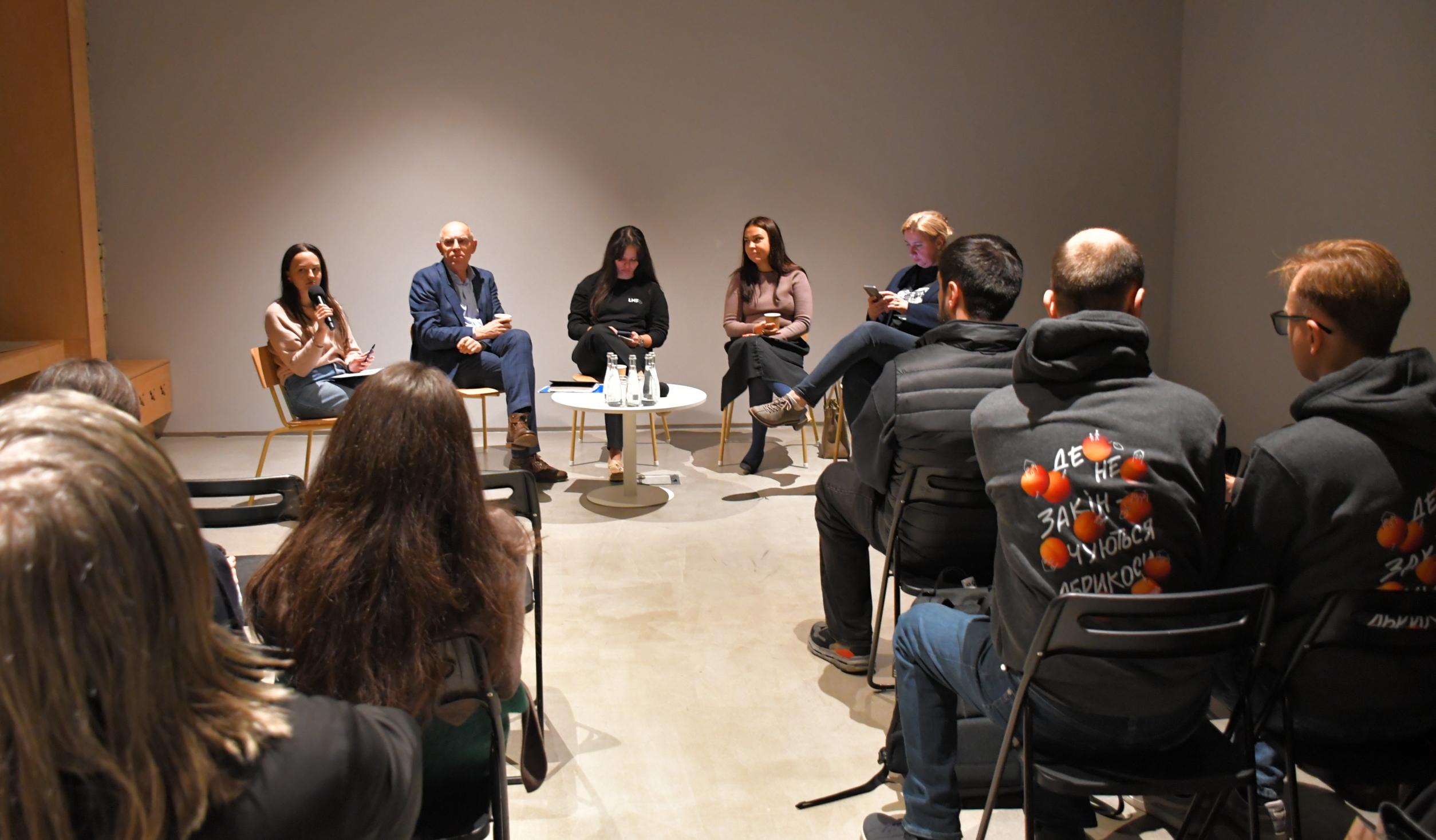
The event provided a space for networking, sharing experiences and finding solutions to the challenges posed by the reduction in grant support from the United States.
The discussion focused on practical approaches to financing independent media covering the occupation and establishing professional connections between journalists and the civil society sector.
During the panel discussion “Media after funding cuts: what are the ways of support today?”, the Director of the Institute of Mass Information, Oksana Romaniuk, emphasised that Ukrainian independent media have proven their resilience, but the current financial crisis is forcing them to look for new survival models: “Our media have gone through so many trials that their light, like diamonds, can shine on any international market. But at the same time, we see that 8 to 10% of editorial offices have been forced to close due to the financial crisis. These are mainly those that depended on grants for more than 90% of their funding“.
According to Romaniuk, hybrid funding models combining grants, advertising, subscriptions and community contributions are currently spreading among editorial offices. However, such multi-channel funding requires extra effort from management and leads to professional burnout.
“Editorial managers are forced to simultaneously write grant applications, seek advertisers, work with audiences, manage social media, and create content. Burnout is currently one of the main problems in the industry,” explained Romaniuk.
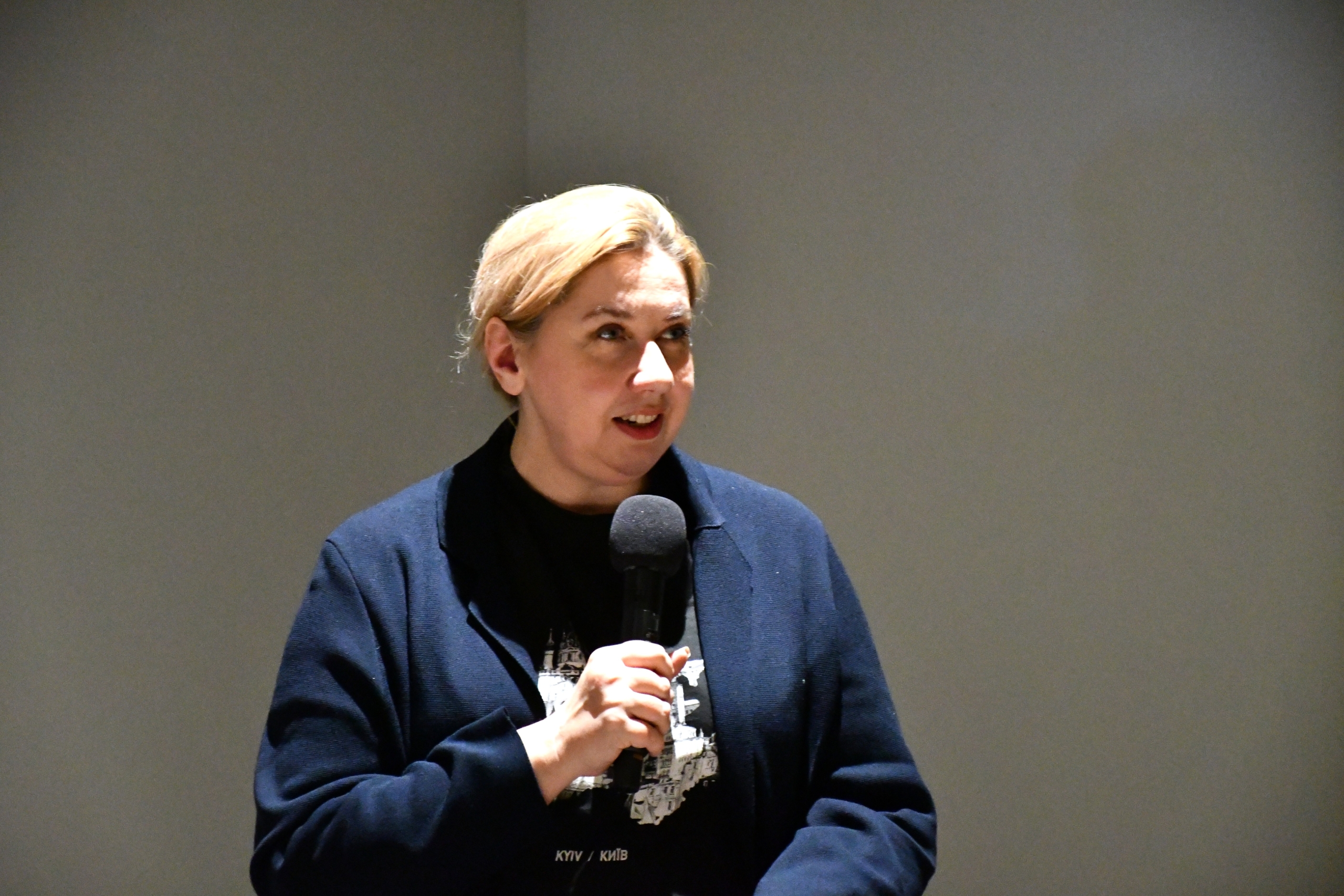 Oksana Romaniuk
Oksana RomaniukDespite the difficulties, the IMI Director called on editorial offices not to lose faith in their mission and to take advantage of the opportunities offered by new grant programmes. She announced that the IMI will launch an EU sub-grant programme in December, with around 55 grants worth up to €15,000 for institutional support for independent editorial offices.
“We are convinced that supporting Ukrainian independent media means supporting democracy in Ukraine. Without this, Europe will not be resilient to the threats of authoritarianism,” Romaniuk emphasised.
Yuliia Sadova, Project Manager of the Lviv Media Forum, spoke about the experience of helping journalists and editorial offices that found themselves in particularly difficult circumstances.
She emphasised that many relocated editorial offices are forced to reformat their work — switching from print to digital format, developing video content and social networks in order not to lose their audience.
“We see successful examples where editorial offices that were sceptical about social media just a few years ago are now creating powerful YouTube channels and attracting new readers. This shows that even in a crisis, it is possible to grow,” Sadova said.
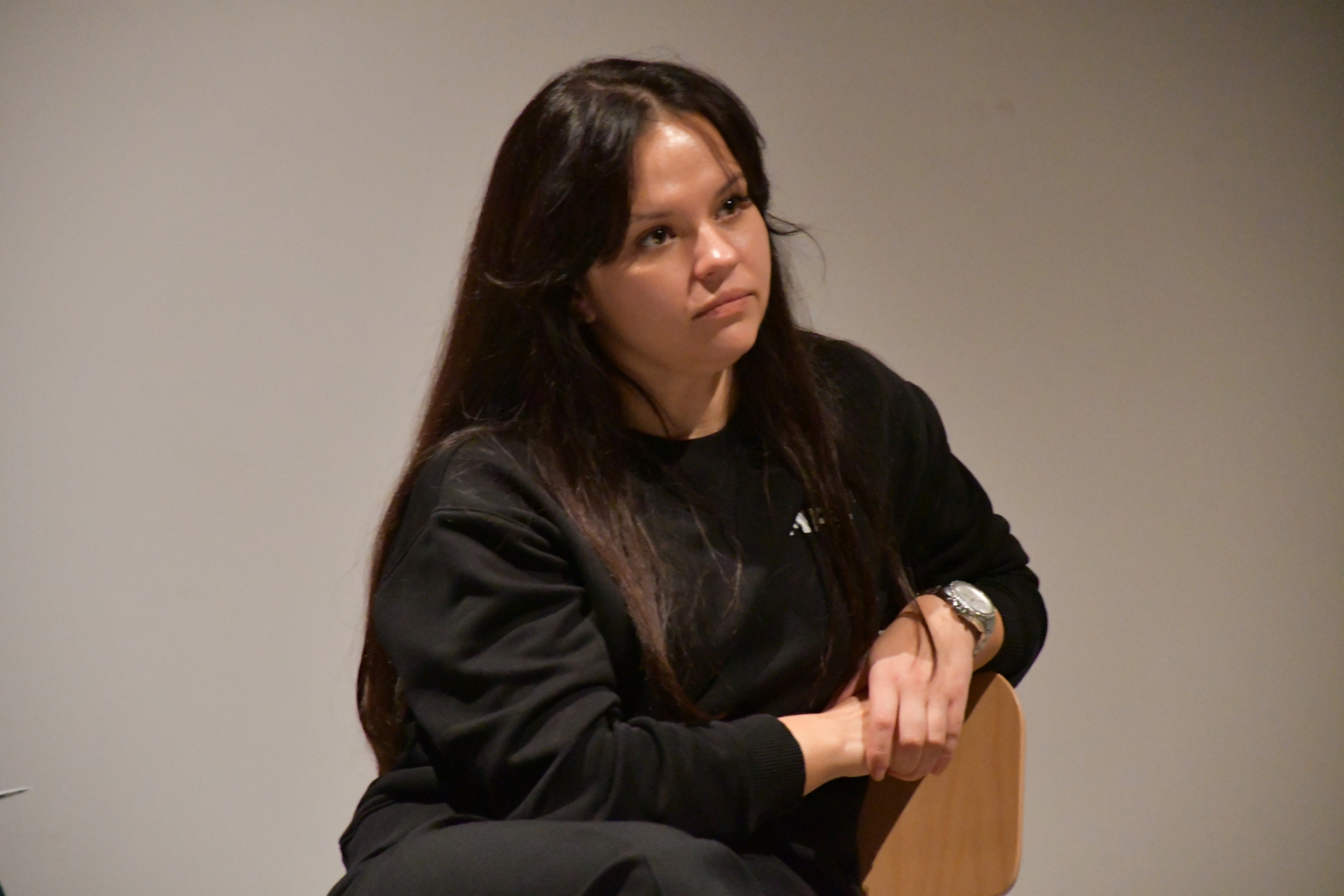 Yuliia Sadova
Yuliia SadovaShe focused separately on the topic of psychological burnout experienced by journalists in wartime conditions and talked about retreats in the Carpathians organised by the Lviv Media Forum for media representatives.
Member of the National Union of Journalists of Ukraine, Oleksandr Kharchenko, shared the results of a survey which showed that despite the deep crisis, most editorial offices are looking for ways to survive: “Some regional newspapers, which seemed doomed just a few years ago, now have a circulation of 20,000 copies and are actively developing YouTube channels. This proves that success comes to those who are not afraid to break the mould“.
Kharchenko also spoke about the NUJU’s journalism solidarity centres, which operate in several regions and help relocated editorial offices to reach out to grant providers, receive support and resume their work.
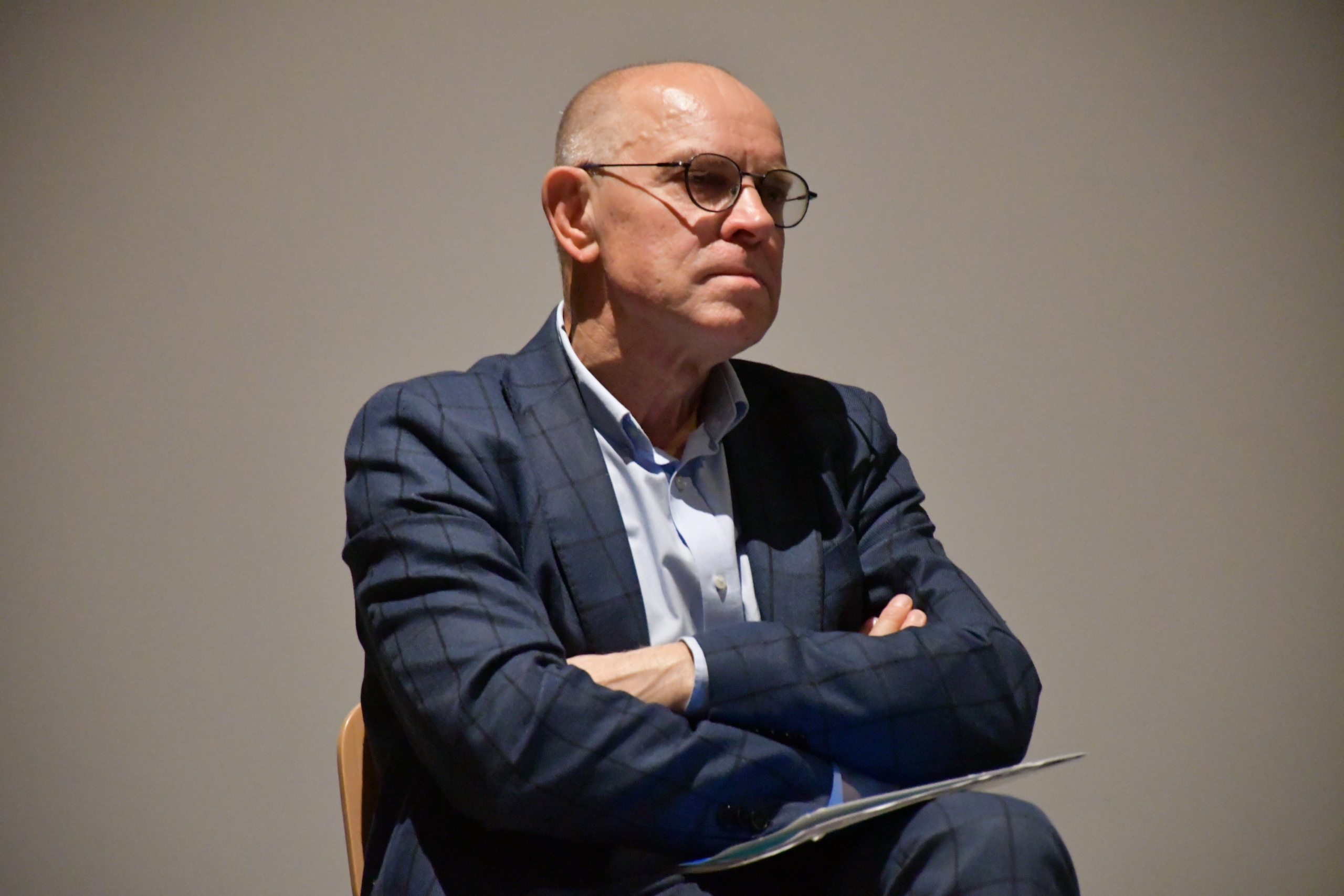 Oleksandr Kharchenko
Oleksandr KharchenkoThe Head of the Board of the Human Rights Centre ZMINA, Tetiana Pechonchyk, recalled that since 2014, the organisation has been systematically supporting media outlets that have been forced to relocate: “We have been helping Crimean media since 2014, and after the full-scale invasion, we expanded this support. Our focus is on media that have moved out of the occupied territory, because the challenges they face are even greater: they have lost not only their resources but also their audience“.
The Head of ZMINA also announced a new grant programme to support relocated editorial offices, with a competition to be announced in November.
“It is important for us to hear from the journalists themselves — what their current needs are, what is critically necessary for their resilience. We want the competition to be truly relevant and to respond to these requests,” she added.
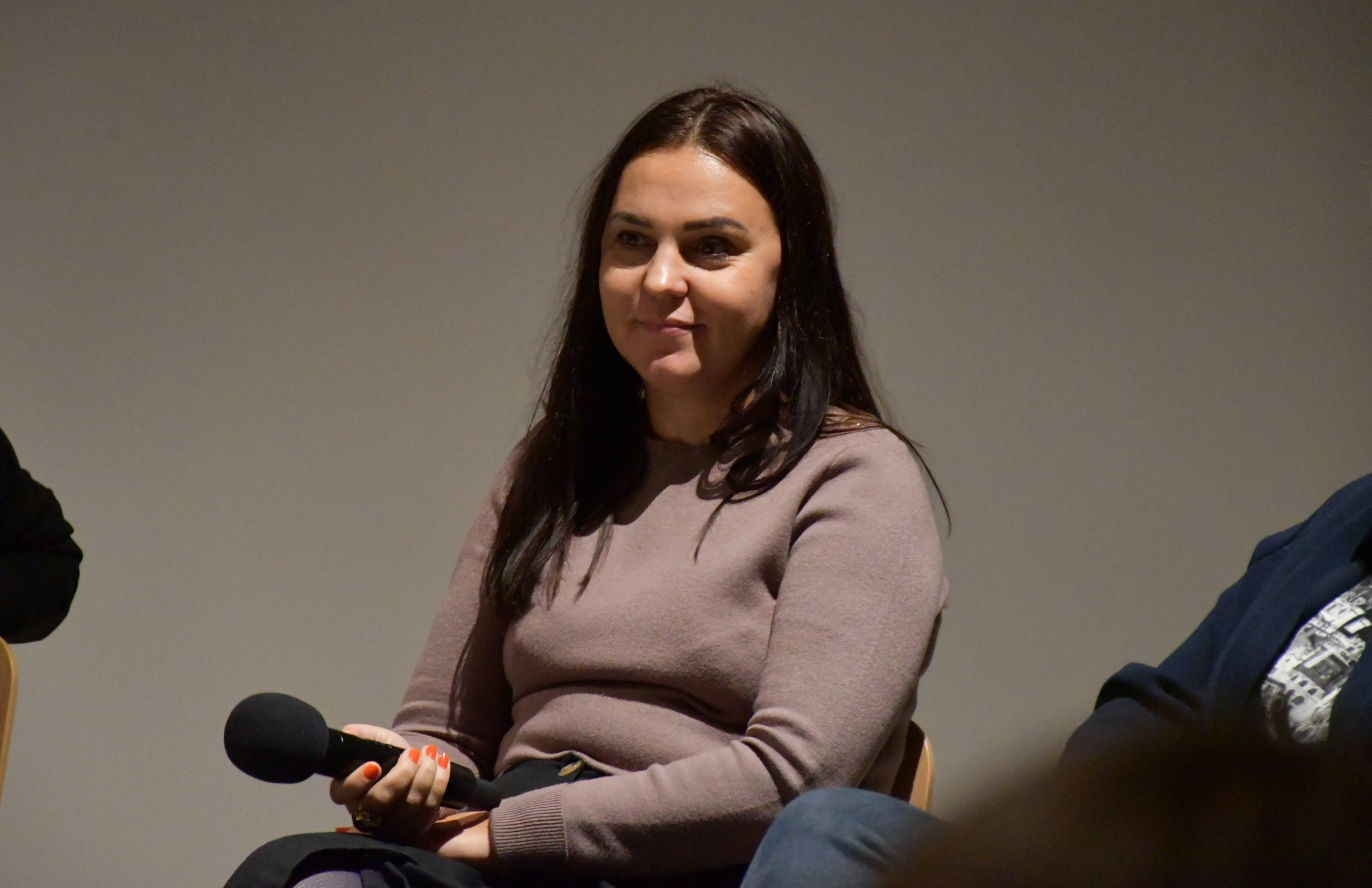 Tetiana Pechonchyk
Tetiana PechonchykPechonchyk also stressed that media work in the occupied territories is becoming increasingly dangerous: in 2024, Russia declared ZMINA as an “undesirable organisation”, posing risks to those who cooperate with it.
The discussion was moderated by Viktoriia Nesterenko, human rights activist and Project Manager of the Human Rights Centre ZMINA. After the panel discussion, participants continued their conversation in an informal atmosphere, exchanging experiences and contacts, as well as discussing new ideas for cooperation.
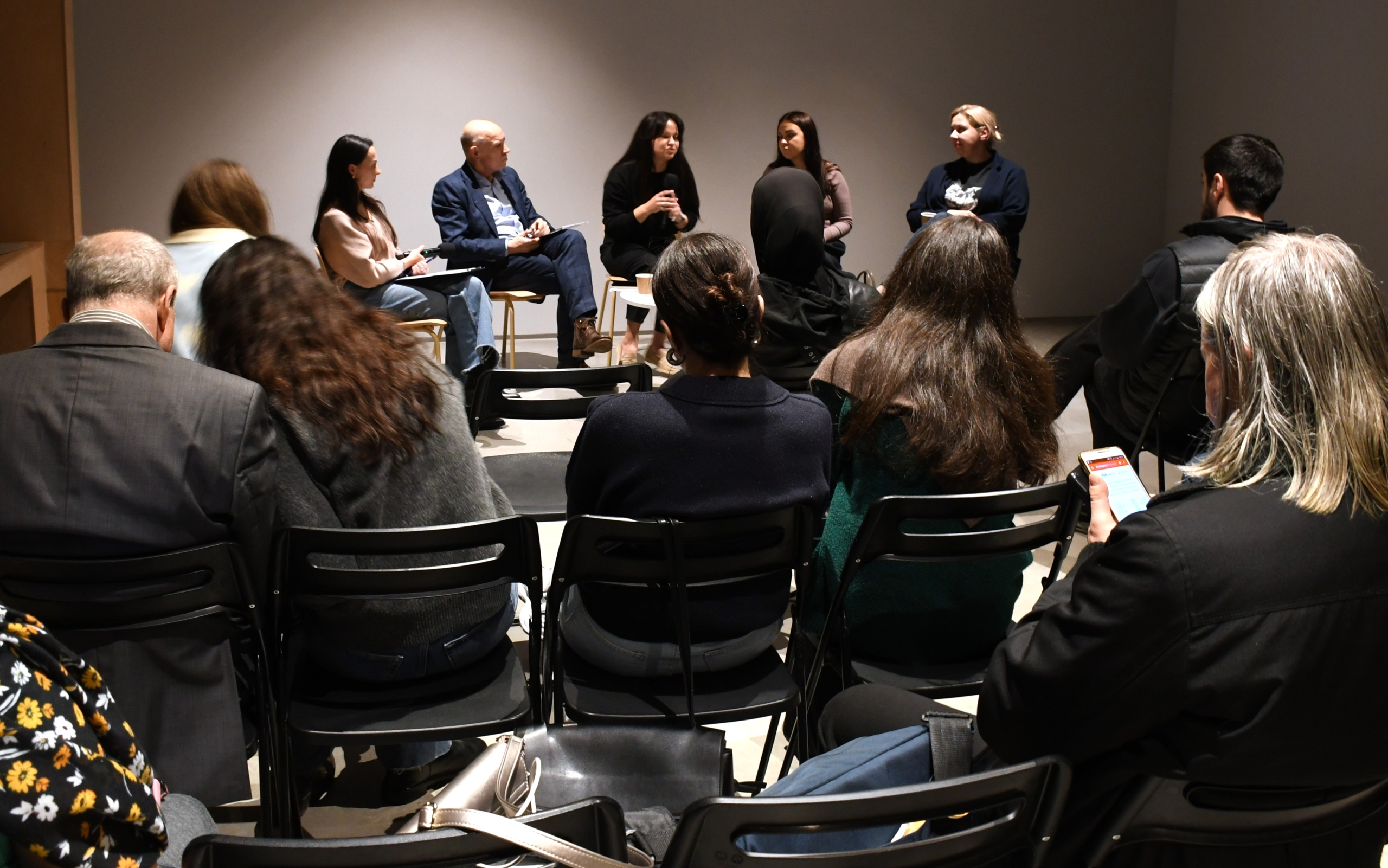
If you have found a spelling error, please, notify us by selecting that text and pressing Ctrl+Enter.















